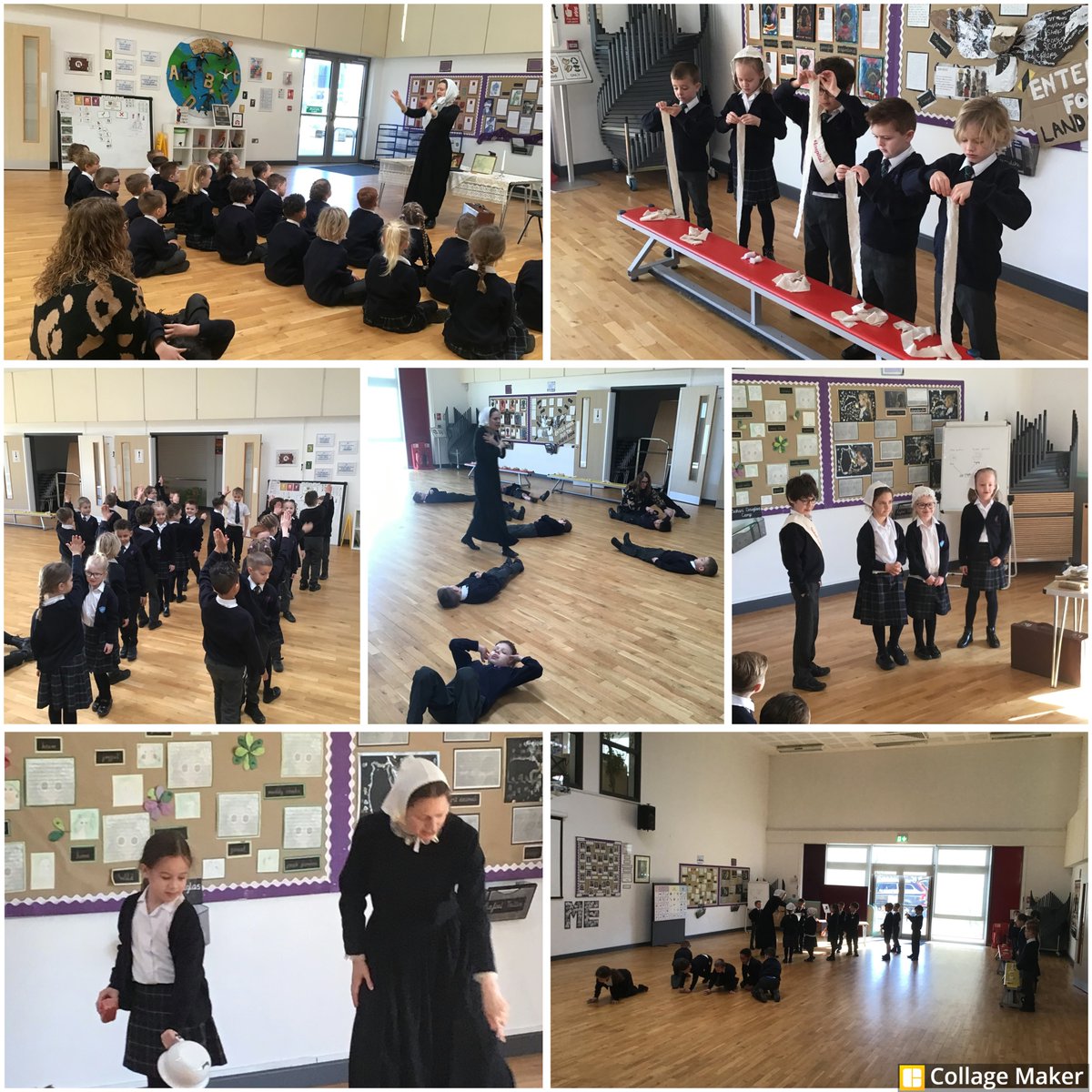Download our FREE smartphone app today!
English
The Teaching of English at Kings Hill
We aim to teach the following lessons each week to ensure coverage of skills and progression in all areas of the English curriculum.
Across the week, the children will access explicit SPAG, reading and writing lessons. We have a flexible approach to how and when these key skills are delivered.
We aim to enable our children to:
- Enjoy quality experiences that will enhance their writing, knowledge, skills and understanding.
- Be enthusiastic and critical readers of stories, poetry and drama as well as non-fiction texts.
- Explore global issues through writing (for example, persuasive writing and spoken language).
- Write with confidence, fluency and understanding, orchestrating a range of independent strategies to self monitor and correct.
- Write a range of text types each seasonal term (fiction and non-fiction) and in a range of genres and be able to write in a variety of styles and form, appropriate to the situation.
- Increase their ability to use planning, editing and drafting to improve their work.
- Use a variety of mediums to express their written ideas, e.g. ICT and Drama.
For more information about our curriculum, please click here.
Writing
At Kings Hill, we aim:
- To design a flexible, exciting and engaging curriculum that provides regular opportunities for pupils to use and apply the writing and spoken language skills they have acquired from the English Curriculum.
- To create an interest in words and their meanings in order to broaden vocabulary and ability to use it in the correct context.
- For children to write for a purpose and to have clear intentions of the impact of their writing on the reader, through careful planning and consideration.
- To develop a broad range of writing skills that can be applied to a wide range of text types and genres across the whole curriculum.
- For children to be able to articulate their thoughts orally and to be able to use a strong grasp of grammar and spelling to write with confidence and clarity in all subjects.
- Children in EYFS are taught to write individual letter sounds as they learn to read these. As the children learn diagraphs and trigraphs, they are taught to write these letters.
- Children are taught letters with entry and exit lines from Year 1. They begin to join these letters to form a neat, cursive script in Year 2 and all teaching staff model this consistently. It is expected that writing is beautifully presented in all books and for all display work.
Spelling
Following the Government’s introduction of the new framework, spelling expectations for each year group have become more specific and detailed. Recognising the new higher expectations and specific emphasis on spellings, at our school we focus on daily teaching of spelling and phonics. We use a range of fun, investigative and interactive methods to teach new spelling patterns and rules. At Kings Hill we use Read Write Inc. in Key Stage 1, moving onto PixL spelling rules in Key Stage 2.
Spelling is a key part of becoming a successful writer. It:
- helps children to write more fluently, dedicating more of their energies towards creative writing (rather than the mechanical process of spelling);
- helps children to attempt to spell unfamiliar words, enriching their vocabulary;
- gives children opportunities to investigate and understand the true meaning of words;
- develops confident writers and readers.
Oracy
Oracy - the four strands are:
1. Physical
2. Linguistic
3. Cognitive
4.Social and Emotional
Please see the links below for useful Oracy information.
Giving Proof of Listening Means
























